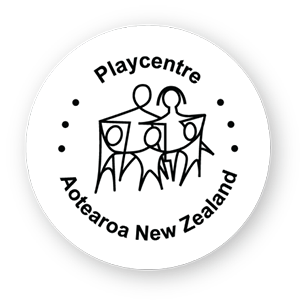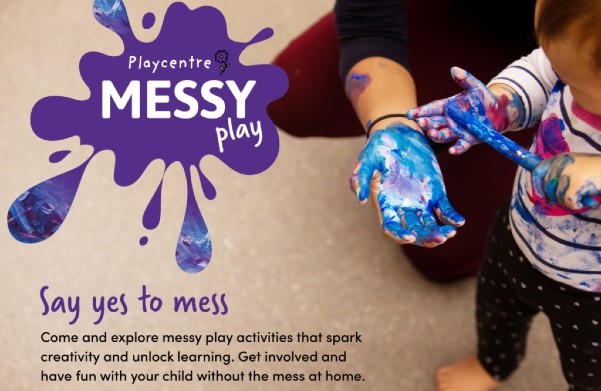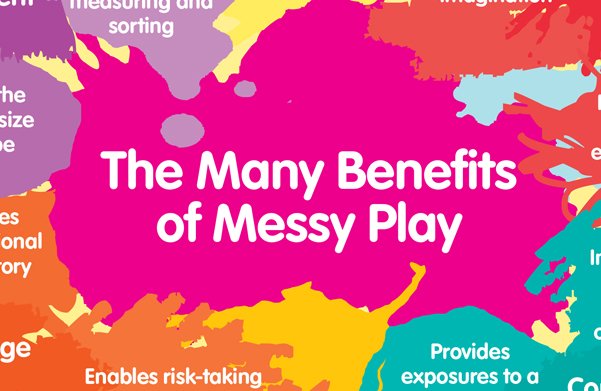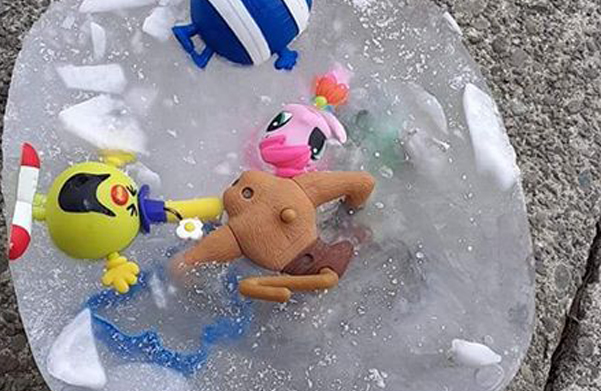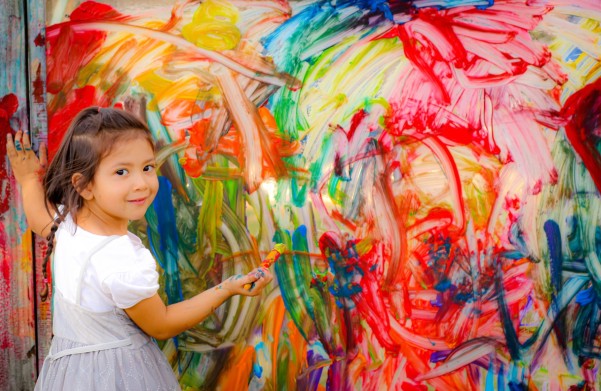
Messy play is incredibly powerful for young children in ways that we grown-ups sometimes struggle to recognise. Thankfully, our lack of understanding doesn’t take away any of its ‘magic’ as long as we are open to letting it happen.
Children are neuro-biologically driven to explore their world through play – in a hands-on, unstructured, free sort of way. Yet, it can be challenging for adults to look past the potential for mess, and to perceive any purpose to what they’re doing.
Just as ‘mess’ is a red flag for us, the word ‘magical’, when used to describe the neurological or educational value of an experience, rouses the cynic in many of us.
Yet, there is magic in messy play.
Children yearn for permission to touch and interact with their world; they seek the power to manipulate and change materials. For children, messy play is magical because it is liberating and FUN!
Indeed, because of that fun factor, how utterly absorbing it is, it’s magical for their brain development.
When we think about messy play, we think about substances like playdough, paint, sand and mud…, which invite hands-on exploration. But, more than the particular materials involved, messy play describes the open-ended processes that go on for children engaged in self-directed free play.
In fact, the benefits correspond with how open-ended the play is: when children are completely in charge, their thought processes driving what unfolds; when they are empowered to manipulate and mix things and work stuff out, without being told how to do it from a ‘helpful’ parent.
To an adult observer, this may make an activity seem purposeless, and yet this is the essence of messy play: there is no ‘right way’ to do it, no particular objective to achieve.
As Nathan Wallis says, through messy play, “children get to be little scientists, encountering problems and working out solutions, which is the foundation of creativity and innovation.”
By entrusting children to play their own way, without interfering, “adults support children to develop a strong sense of agency as learners,” says Nathan.
Messy play is all about encouraging children to “cross boundaries”, he explains – to develop creativity and resourcefulness, as well as the confidence to try things out. Nathan goes so far as to say that those children who like things to be neat and tidy, who aren’t so comfortable with open-ended sensory exploration, actually need more of it.
Focusing on teaching young children skills like reading and writing, and getting the ‘right’ answer, before their brains are ready, is a precursor to anxiety and depression, he says. “The more free play a child gets before the age of seven, the less statistical chance they will develop anxiety and depression as teenagers.”
Nathan urges parents to “stop insisting on there being a right answer or right way to do something. Stop showing kids that you privilege ‘being right’ over the process of thinking and being creative.”
Let children have experiences where there isn’t an overarching objective; where they aren’t restricted to recreating an ‘inspiring’ exemplar from Pinterest. Where, quite simply, there are substances and materials, bits and pieces, ‘stuff’ for them to explore.
Messy play is not driven by an adult’s agenda. It is not about creating something pretty or functional. It is open and fluid and untidy. It’s fun! As a result, it may be easy to dismiss as unimportant – the opposite of ‘real learning’.
“If you think that learning the alphabet is ‘real learning’, and play is something frivolous at the edge of childhood, then you have it all wrong,” says Nathan.
Embracing a little playful mess-making requires that adults override some of their conditioned priorities: for activities that are ‘purposeful’ and ‘educational’; for perfect craft creations to post on social media; for tidiness and order in their homes; for control.
When adults recognise the importance of messy play for their child’s development and provide opportunities for unstructured exploration, they help instill in their child the messages that they are capable, resourceful and independent; that they have agency in their learning. That their play is valuable, and valued by the adults in their lives.
Outcome-oriented, busy grown-ups may struggle to pinpoint what is going on for their child, in developmental terms, when they’re immersed in messy play. That’s ok; we simply need to accept that messy play is magical for kids’ brains, and support it to happen.
By Kate Barber, Playcentre parent and editor of Family Times.

